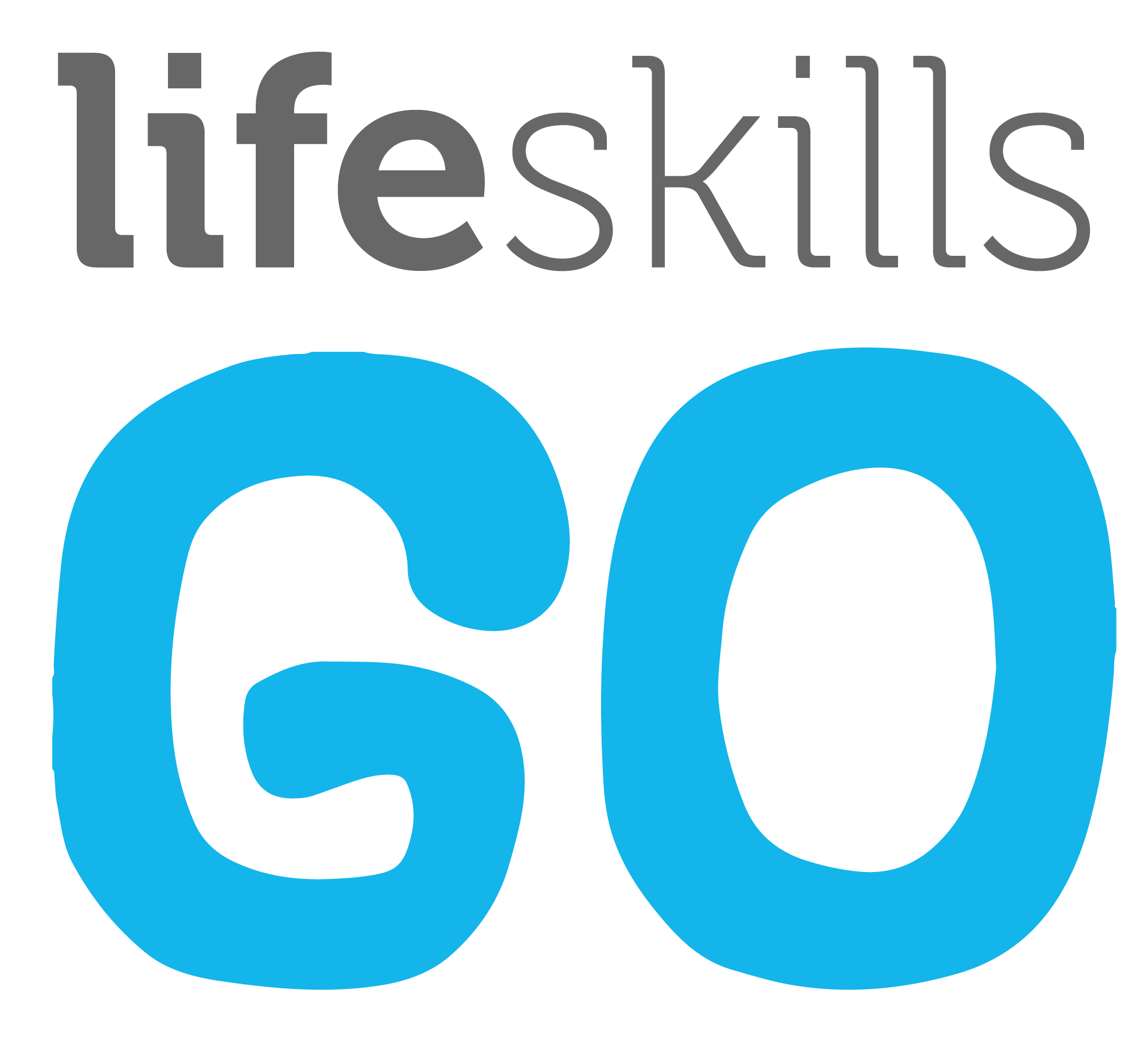We're excited to share with you the sixth in a series of 'Deep Dives' into real schools across Australia, who are regularly using wellbeing data to evidence improvement in their whole school wellbeing programs and provide differentiated support to all students.
Join us for an insightful exploration into the innovative strategies employed by Dubbo South Public School, as they leverage whole-school wellbeing data to drive and inform student support and foster a nurturing learning environment.
Led by Amy Welbourne, Student Support Officer, Wellbeing Team at Dubbo South Public School, this webinar delves into the practical implementation of a comprehensive data-led whole school wellbeing framework at Dubbo South Public School.
There is more to wellbeing than monitoring attendance, behaviour, and periodic surveys, we all know that. We also know that wellbeing is becoming more and more important, that is why we see wellbeing as a focus of every education system around the world. So, how do we track and monitor the impact of our wellbeing programs without losing teaching and learning time? How do we empower teachers with the real-time information they need to support students? How do we engage in an authentic continuous improvement cycle for ensuring our students are known, valued, and cared for? Amy will be sharing the answers to the above in this webinar.
Topics discussed will include:
Whole-School Approach to Wellbeing Data: Discover how Dubbo South Public School seamlessly integrated real-time wellbeing data collection into their daily operations, fostering a culture where student voice is valued, and staff engagement is paramount. Learn how they action this data daily.
Holistic Insights: Gain valuable insights into student wellbeing today by exploring the data collected, examining contextual factors that influence student emotions and readiness to learn and how this can be effectively triangulated with traditional wellbeing data such as attendance and behaviour for a whole student understanding.
Data-Driven Understanding: Understanding the factors impacting readiness to learn and the response that can be proactively provided, as revealed by the wealth of real-time and longitudinal data collected through student check-ins.
Evaluating Wellbeing Programs: Recognize the importance of measuring and evaluating the effectiveness of wellbeing programs to optimize support, improve learning outcomes, and address specific student needs.
Taking Immediate Action: Comprehend the far-reaching effects of previous years on students and school communities. Take actionable steps based on data and insights shared during the webinar to support student wellbeing and create a healthier learning environment.
Implementation of Life Skills GO Platform: Hear how they started and then implemented the Life Skills GO platform within existing processes, ensuring minimal disruption for staff while empowering students to take ownership of their wellbeing journey.
Supporting Diverse Learners: Gain insights into Dubbo South Public School's inclusive approach, catering to both mainstream and support classes, and the strategies employed to ensure equitable support for all students.
Lessons Learned: Benefit from the school's experiences and reflections, offering valuable insights for educators embarking on similar journeys.
This webinar offers a unique opportunity to hear practical strategies and firsthand experiences from Amy Welbourne's successful implementation of whole school wellbeing initiatives. Whether you're an educator, administrator, or stakeholder in student wellbeing, join us to explore ways to enhance student support and cultivate a nurturing learning environment.
Register now to secure your spot and gain actionable insights from Amy Welbourne's transformative approach to measuring and implementing whole school student wellbeing.
ABOUT OUR EXPERTS
|
As a qualified counsellor, Amy Welbourne has been working with young people and children for the past 8 years and most recently through her role as Student Support Officer at Dubbo South Public School. After working with adolescents for many years she became passionate about teaching emotional literacy and regulation to children from an early age to equip them with the skills to navigate adolescence.
As Student Support Officer at my school, Amy is responsible for overseeing the wellbeing programs and initiatives that support their Strategic Improvement Plan. As a school they needed a tool that would help they to measure the success of the programs they were already using and also to be able to support teachers to understand the presentation of their students each day and how this impacted on their readiness to learn, and their challenges to thrive and grow in their learning. They are still very much at the early stages of implementation, but Life Skills GO is proving to be a valuable resource in being able to support the narrative when meeting with parents, carers, support staff and external agencies to map trends in student behaviour and understand what external factors may be contributing to this, so they are supporting the whole child. Best of all, it is a self-reporting tool, so they are capturing student voice on a daily basis and being able to make space for connections when they are needed most, quality over quantity.
Rydr Tracy is a specialist in evidence-informed practice in educational innovation, with a career focus on strategic change that improves student outcomes. He draws on a rare blend of successful experience in schools, system leadership roles and industry practice – experience that has given him deep understanding of the complexities of the education sector from the classroom to the boardroom and a demonstrated capacity to generate practical recommendations that are grounded in context and evidence. Nikki Bonus is the ed-tech founder and CEO of Life Skills Group, harnessing more than 20 years of deeply personal and professional experience in the development and delivery of social-emotional literacy programs for individuals, organizations, and most importantly, teachers and students. Nikki’s work has helped give voice to more than 850 schools, connecting with 20,000 teachers and 500,000 primary school children to build a continuing evidence base of what works to measure, report and implement real improvements in Social Emotional and Physical Literacy for school communities. |

 © 2025 LIFE SKILLS GROUP.
© 2025 LIFE SKILLS GROUP.